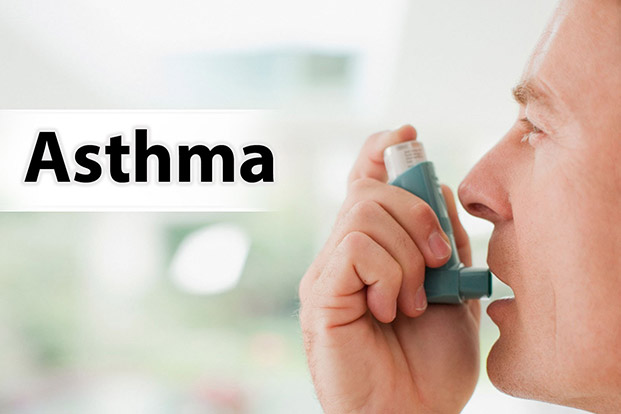Categories
- Bariatric Surgery (11)
- Black Fungus (5)
- Bone Marrow transplant (3)
- Brain Tumor Surgery Navigation Technology (20)
- Cardiac Surgery (66)
- Cardiology (97)
- Computer navigation technology for joint replacements (20)
- Covid Vaccination (17)
- Critical Care (2)
- Dental (19)
- Dermatology (31)
- Dialysis Support Group - “UTSAAH” (11)
- Dietitian (33)
- Emergency Medicine (4)
- Emotional Health (11)
- Endocrinology (33)
- ENT (20)
- Gastroenterology and GI Surgery (53)
- General and Laparoscopic Surgery (21)
- General Surgery (4)
- Gynecology & Obstetrics (183)
- Hematology (20)
- Internal Medicine (294)
- Kidney Transplant (50)
- Kidney Transplantation (20)
- Lung Cancer (8)
- Minimal Invasive Surgery (1)
- Mother & Child (20)
- mucormycosis (5)
- Nephrology (61)
- Neurology (147)
- Neurosurgery (68)
- Nutrition and Dietetics (107)
- Omicron Variant (1)
- Oncology (288)
- Ophthalmology (10)
- Orthopaedics & Joint Replacement (86)
- Paediatrics (59)
- Pediatric Nephrology (3)
- Physiotherapy (5)
- Plastic & Reconstructive Surgery (6)
- Psychiatry and Psychology (90)
- Psychologist (28)
- Pulmonology (72)
- Rheumatology (13)
- Spine Services (21)
- Transradial Angioplasty (16)
- Urology (84)
Query Form
Posted on Apr 19, 2022
Signs & Symptoms of Asthma
Asthma is a disease affecting the airways or tubes that carry air to and from your lungs. In asthmatic patients, these airways become narrow due to inflammation on the inside walls. This causes difficulty in breathing and also increases a person’s susceptibility to allergies. Narrow airways mean discomfort in breathing and chest tightness, as well as coughing. Wheezing is another common sign of asthma.
Pollutants like sulfur dioxide, nitrogen oxide, change in temperatures, and high humidity are all known to trigger asthma in different individuals.

The Signs and Symptoms associated with Asthma are:
- If you are experiencing chronic cough – This may be frequent and also associated with strong emotional outbursts, such as laughing, crying, etc.
- In children frequent uncontrollable coughing while playing and at night.
- If you awaken at night while sleeping and there is air hunger. You end up gasping for air and feel uncomfortable.
- Chest tightness, chest heaviness along with wheezing.
- Intermittent rapid breathing, labored breath, paradoxical breathing pattern – breathing movements in which the chest wall moves in on inspiration and out on expiration, in reverse of the normal movements.
- Early fatigue while playing or walking in speed.
- Shortness of breath or sometimes loss of breath.
- Weakness or tiredness.
- Tightness of chest muscles or and tightened neck muscles
- Getting relief after using beta 2 agonist.
- Whistling sound which is more pronounced during expiration.
- Out of breath conditions during exercise or due to work related situations that are associated with dust, dirt, asbestos, chemical fumes or gases.
When should you opt for Emergency Care:
Severe asthma attacks can be life-threatening. Work with your doctor to determine what to do when your signs and symptoms worsen — and when you need emergency treatment. Signs of an asthma emergency include:
- Rapid worsening of shortness of breath or wheezing
- No improvement even after using a quick-relief inhaler, such as albuterol
- Shortness of breath when you are doing minimal physical activity



